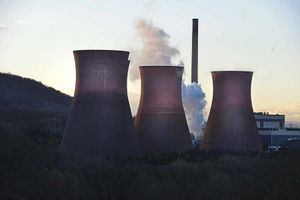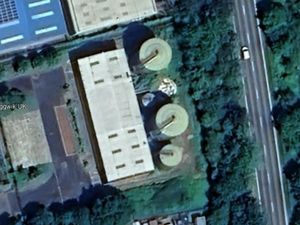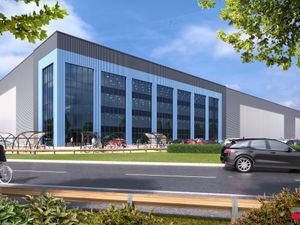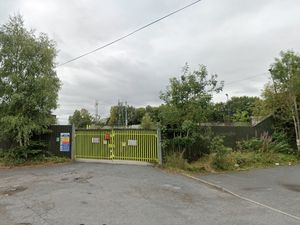Masterplan for future of Ironbridge power station
The development of Ironbridge's power station needs to provide more than just housing, according to the councillor in charge of Shropshire's planning.

Councillor Malcolm Price, Shropshire Council's cabinet member for planning, has revealed that the council has begun discussions with the owners of three major development sites in the county with the aim of drafting "master plans" for the future.
The sites are Ironbridge Power Station, Copthorne Barracks in Shrewsbury, and Clive Barracks, at Tern Hill near Market Drayton.
Councillor Price said any developments need to be mixed use, and must be "sustainable".
He said: "The easy avenue for those sites would be just to go for housing which is not appropriate. We need to look at employment and other uses for the sites."
Councillor Nicola Lowery, who represents the Ironbridge Gorge on Telford & Wrekin Council, said: "Now we look towards the future for Ironbridge Power Station it is imperative that we explore proposals that will positively contribute to the local economy, community, and enrich assets to benefit both Shropshire and Telford & Wrekin Council.
"The Ironbridge Gorge continues to draw many thousands of visitors a year but I do feel there is still further potential to capitalise on World Heritage Site status. "To do this will require highly innovative and well-thought master planning as well as considering how we expand our infrastructure, leisure and hospitality offering to widen our destination offer while not adversely impacting local businesses."
Roxanne Postle, a spokeswoman for Uniper which is in charge of Ironbridge Power Station, said the company is beginning to look at what the site can be used for in the future.
She said: "Our current focus is on the decommissioning phase at Ironbridge Power Station which is due to run until 2017.
"We are beginning the process of exploring future options for the site. These are early stage considerations and further details regarding the future use of the Ironbridge site will be given as appropriate."
In an added complication for Shropshire Council, it is understood that the site made the largest contribution to business rates in the county – representing a significant loss of income for the authority.
Work to build the power station began in 1962 and it finally stopped generating electricity last November.
The plant was originally designed to run on coal and at full capacity was capable of generating up to 1000MW from two 500MW units.
It was later converted to biomass and the electrical output was reduced to 740MW. However, only one of the two units had been operational following a fire in 2014 and capacity was further reduced to 370MW.
There were 130 workers on site when the plant closed last November.
A small team of 14 was to be kept on after the shutdown to oversee a 15-month period of the decommissioning of the plant.
The closure of the power station was required by the EU's Large Combustion Plant Directive.





